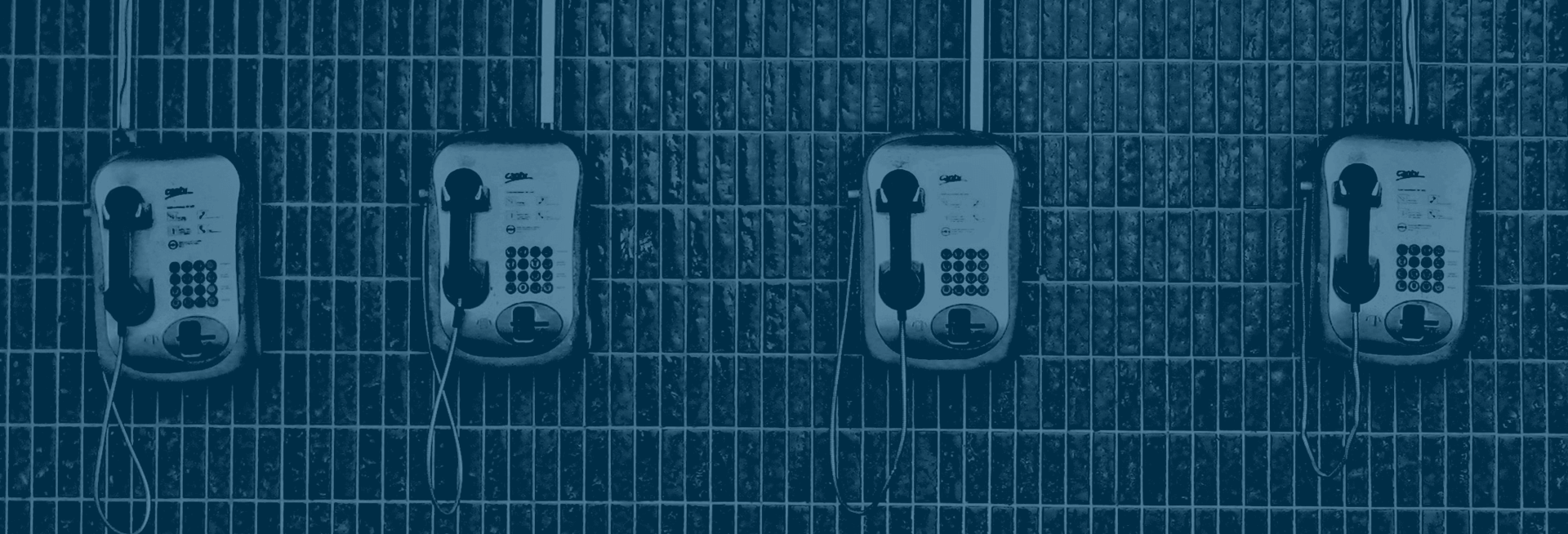
On September 9, 2019, the judge entered a final judgment in the TCPA case, McMillion v. Rash Curtis & Associates, 4:16-cv-03396 (N.D. Cal.) to the tune of a whopping $267 million.
The verdict, issued by the jury in June 2019, determined that over 534,000 calls using auto dialers and pre-recorded messages were made by the local California collection agency without consent of called parties. The case involved two main categories: 1) individuals called through skip traced numbers and 2) individuals who never had an account placed with the agency.
Historically, TCPA cases are notoriously difficult to certify, resulting in mountains of work sifting through account notes to verify consent. Most cases are denied certification.
But in this case, because of the use of skip traced numbers, the violation was certifiable by the judge, resulting in the monumental verdict that will likely render the 42-year-old debt collection agency bankrupt.
The Telephone Consumer Protection Act of 1991 (TCPA) was signed into law as a response to a rise in unregulated and harassing telemarketing calls and faxes. It restricts telephone solicitations and the use of automatic telephone dialing systems, including pre-recorded messages, auto dialers, text messages and fax, without explicit customer consent.
Without consent, companies must follow Federal Communications Commission (FCC) solicitation rules and honor the Federal Trade Commission (FTC) National Do Not Call Registry, otherwise they may be sued.
The FCC has determined that debt collection calls are not telemarketing calls. Therefore, auto dialers and pre-recorded calls may be used without consent to residential wired phones, where they do not include telemarketing messages; however, prior express consent must be acquired before calling wireless numbers with an auto dialer or pre-recorded message.
“Prior express consent must be acquired before
calling wireless numbers with an auto dialer.”
Creditors and collection agencies hoping to recover debt from customers must be careful to ensure that they have explicit consumer consent to call or text cell phones, and include opt-out language, otherwise they may be liable for TCPA violation.
The FCC does allow the use of cell numbers when provided to the creditor for use in normal business communications, such as in credit applications or agreements. However, consumers may revoke consent at any time.
In this case, the collection agency, Rash Curtis & Associates, was calling skip traced numbers (numbers found through investigation and search) and using an auto dialer with a pre-recorded message.
Since the numbers were found using skip tracing, rather than provided by the creditor as part of an agreement or application (which, if you recall, counts as consumer consent under the TCPA), the judge was able to certify that no prior express consent was given for these numbers, resulting in the devastating multi-million-dollar judgment.
THE TAKEAWAY FOR DEBT COLLECTORS : Skip traced numbers should be called manually and never through an auto dialer, as the TCPA risks are too high.
THE TAKEAWAY FOR BUSINESSES: : It may be advisable to include a section for use of cell phones for collections efforts in your credit application or agreement, so that written consent is obtained from the start. You can then provide wireless numbers to your collection agency to be used in calling campaigns, without the TCPA risk.
At Cedar Financial, we take careful steps to ensure strict compliance with all laws and regulations – state, national and international – at all times. A member of ACA International, we adhere to the highest standards possible, maintaining a code of ethics for fair, but firm collections practices that put your customers first.
In order to stay TCPA compliant, we review accounts when they are first placed with us to see if there is a written agreement (application, agreement, etc) with the debtor that serves as sufficient consent to place the wireless number on an auto dialer. If no agreement exists, we put measures in place to ensure the number is not called using an ATDS without express prior consent of the called party. In addition, we never call skip traced numbers or individuals who never had an account placed with us using an auto dialer or pre-recorded message.
*The information provided on this website does not, and is not intended to, constitute legal advice; instead, all information, content, and materials available on this site are for general informational purposes only. Information on this website may not constitute the most up-to-date legal or other information.

